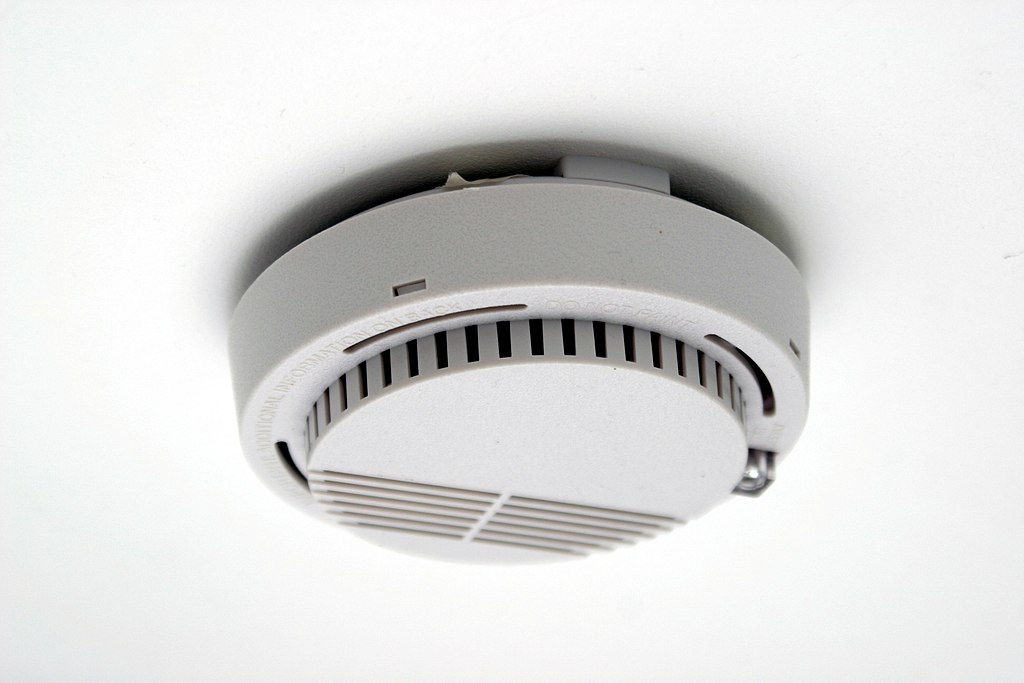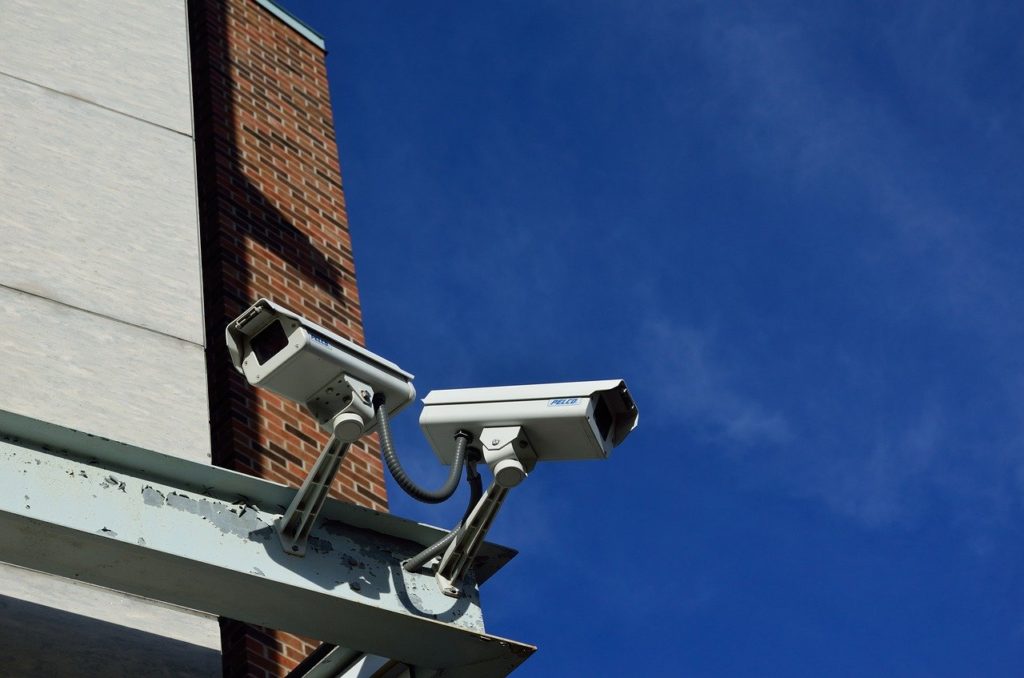Your house is considered to be your biggest investment, and it wouldn’t make sense for you not to pay attention to the safety of your home, for your family’s sake and your own. Although preventing every accident or injury is difficult, you can make sure you do everything to avoid getting them. It’s important that your home’s safety measures are up-to-date to minimize not just burglaries but also a few accidents from happening. If you have children or elderly relatives, you may want to make your house one hundred percent safe for them. Here are some important home safety improvements you should know about.
1. Set Up a Security System
Setting up a security system may involve the installation of security cameras, auto locks, intruder detectors, motion detectors, security locks, etc. The type of system you select for your home will mainly depend on your budget and requirements. If you live in a relatively safer neighborhood, then there’s no need to get a security system. However, if your neighborhood crime statistics are high, you’ve got to get a good security system to safeguard your property.
2. Pay Attention to Potentially Harmful Places in Your Home
Take a detailed walk through your house and monitor places that could lead to accidents or injuries. Potential places where people could trip and fall are included in this category. Be sure to place all electronic cords alongside a wall so they don’t tangle together and make you trip or fall. Declutter your house as much as you can, being certain to remove clutter from stairways and passageways, as these are the places most people encounter accidents.
You should also set your water heater to 120 degrees Fahrenheit to help present scalding. Also, the water heater specialists from Water Heater Leaking Info advise doing a regular check for water leaks since leaks may cause a serious problem for your property and health. Texas residents looking for an upgrade should consider tankless water heater installation in Austin for increased energy efficiency and a consistent hot water supply. If your house is carpeted, make sure the carpet is perfectly attached to the floor such that it can’t be moved, especially if your stairs are carpeted as well.
3. Install Different Home Safety Improvement Equipment
If you have a budget to install home safety equipment then you should definitely follow through. Some tips for home safety equipment are as follows.
- You should install handrails on both sides of a staircase to make sure you don’t trip or fall.
- Replace doorknobs with easy to grip lever door handles.
- Make sure a rubber-suction bathtub mat or shower seat is placed in the tub so you don’t slip. You could also install anti-slip floor strips.
- Place a fire extinguisher near the stove or oven in case a fire starts.
Another crucial safety improvement to consider is incorporating fall detection systems into your home. Devices like Life Assure fall detection provide an added layer of security, ensuring that help can be quickly summoned in the event of a fall. These systems are particularly valuable for seniors or anyone with mobility challenges.
4. Install and Test Smoke Alarms
Were you aware that 3 out of 5 home fire deaths happen because of the absence of smoke detectors and fire alarms in houses? In case of a fire, only a few seconds can save someone’s life, and these are the reasons why smoke detectors are an essential part of home safety practices. A smoke detector or alarm can alert you as soon as smoke or heat is detected and give you precious time to take the necessary actions. Installing a smoke detector is important, if not in each, then in some rooms of your house.

Merely installing a smoke detector system is not enough, because you still need to check if your smoke detectors are working properly. A smoke detector has an average life of ten years, so be sure to replace the item in due time. Additionally, practice all fire prevention rules to minimize the chances of having a fire at home.
5. Be Prepared for Extreme Weather
The extremities of the weather conditions you will experience greatly depend on the location of your house. In case you live in an extreme weather location, where heavy winds or tornadoes are usual, having a safe room installed in the house would be a good idea. The same thing if your house is at a location prone to flooding, hurricanes, and other natural disasters, you should be prepared accordingly to ensure safety in your house.
6. Know Where Your Shut-Off Valves Are
You’d be surprised at how few people know where the shutoff valves for water, gas, and electricity valve boxes are located in their houses. Make sure you know where the emergency shut-offs are in case there’s a need to close any of the three lines. You should also twist the valves on a regular basis otherwise they get jammed, which could prove to be dangerous if an emergency situation arises.
It’s important to make sure that no matter where you live, your home and family are safe and sound. Home safety is an essential part of our lives and should be paid the most attention to. The major house hazards can range from slips and falls to drowning, burning, and suffocation. Therefore, the importance of doing little efforts should be kept in mind to ensure the safety of your loved ones and yourself.
How Frequently Decluttering Your Home Affects Your State Of Mind >>
